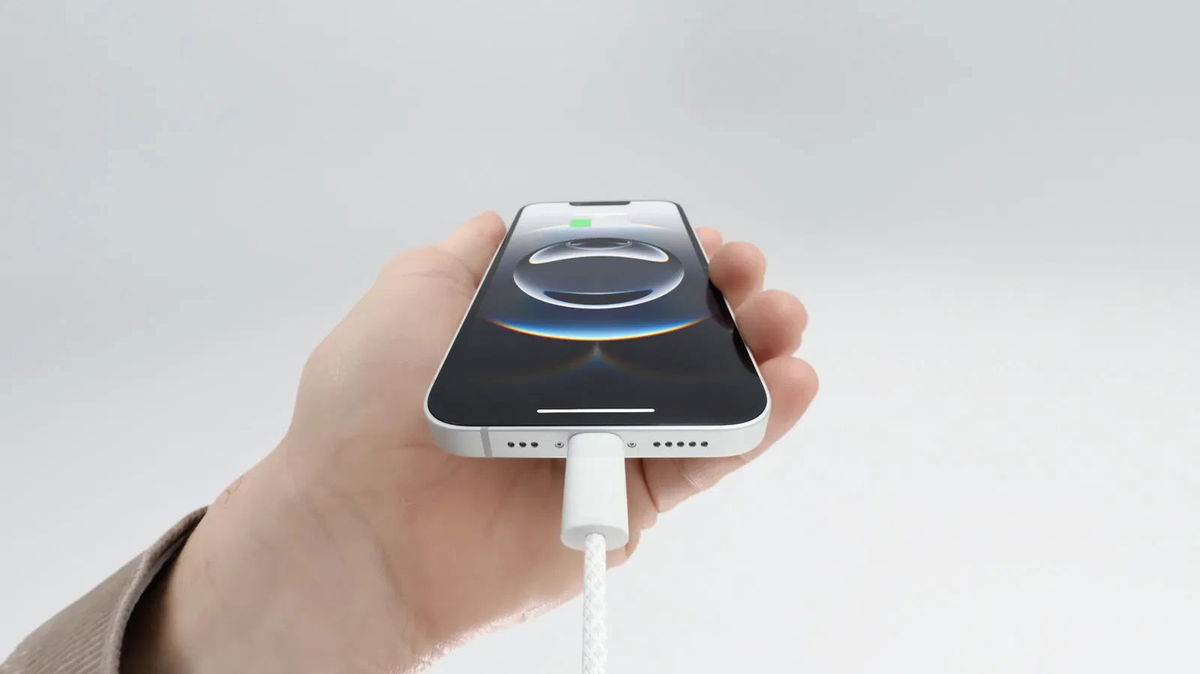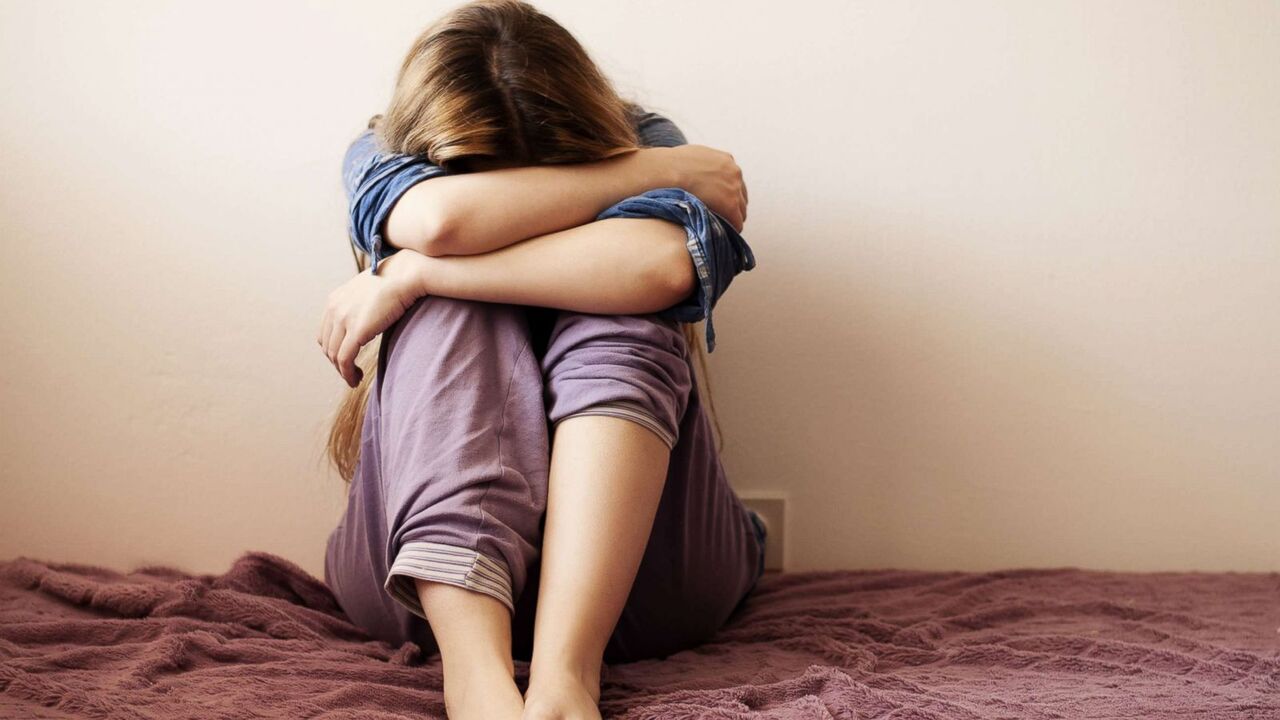20% of the population will develop clinical depression during their lifetime. Moreover, it can manifest itself in different ways depending on the personality of the person.
Symptoms of clinical depression include feelings of sadness, loss of interest, and motivation for activities that were once pleasant. Also, a person may have trouble with appetite, sleep patterns, low energy levels, anxiety, concentrating, and thinking. These symptoms must last for at least two weeks for a diagnosis of clinical depression to be made.
Also, symptoms of depression can occur due to job loss, divorce, death of a loved one. Depression appears to occur simultaneously with or due to other diseases (stroke, thyroid disease).
Severe depression can mimic other conditions as well. For example, senile dementia.
There are several signals that indicate that things are really serious. Sudden mood swings lasting several weeks or associated with thoughts of physically harming oneself cannot be ruled out. A depressed mood can turn into a medical emergency if a person has suicidal thoughts.
Feelings of hopelessness, lack of reason to live, excitement can lead to suicide. The risk of such behavior is further increased by substance abuse. Additional signs that hint at the possibility of suicide may be increased preoccupation with death, withdrawal from one’s friends and family.
Clinical depression may require inpatient treatment. Average duration is about 10 days.
Depression responds well to treatment. Clinical depression may improve with psychotherapy or medication.
News cannot be equated with a doctor’s prescription. Consult an expert before making a decision.
Source: Ferra
I am a professional journalist and content creator with extensive experience writing for news websites. I currently work as an author at Gadget Onus, where I specialize in covering hot news topics. My written pieces have been published on some of the biggest media outlets around the world, including The Guardian and BBC News.











